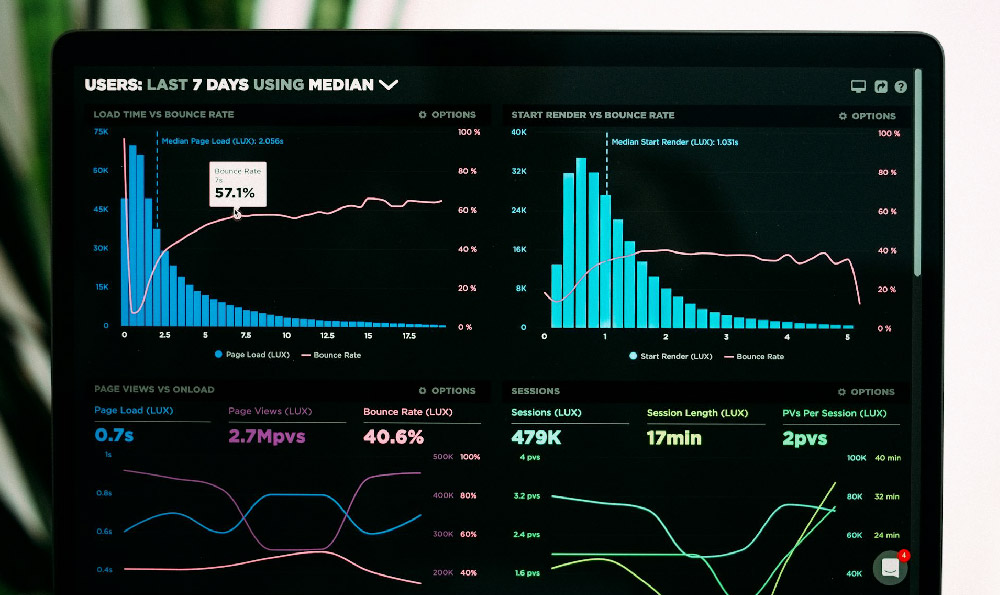Okay, here's an article written according to your specifications, focusing on the nuances of sick leave and sick pay for part-time employees, avoiding numbered lists and explicit sequential markers, and providing a comprehensive overview.
Do Part-Time Employees Earn Sick Leave? What About Sick Pay?
The question of whether part-time employees are entitled to sick leave and sick pay is more complex than a simple yes or no answer. It hinges significantly on the specific laws and regulations of the jurisdiction in which the employee works, the employer's internal policies, and the nature of the employment relationship. Examining these factors is essential for both employers and employees to understand their rights and obligations.

In many countries and increasingly within the United States, the trend is toward providing some form of paid or unpaid sick leave to all employees, regardless of their full-time or part-time status. This shift reflects a growing recognition that sick leave isn't just a benefit, but a public health issue. Allowing employees to stay home when they're ill prevents the spread of contagious diseases in the workplace and minimizes broader community transmission. Furthermore, offering sick leave enhances employee morale, productivity, and retention, creating a healthier and more engaged workforce.
However, the precise details of these laws vary considerably. Some jurisdictions mandate that all employees, including part-time workers, accrue sick leave at a certain rate, often based on the number of hours worked. For instance, an employee might earn one hour of sick leave for every 30 hours worked. This accrued leave can then be used for the employee's own illness, to care for a sick family member, or sometimes even for preventative medical appointments. The amount of sick leave an employee can accrue in a year may be capped, and there may be restrictions on how much unused leave can be carried over to the next year.
Other jurisdictions may not have a legal requirement for employers to offer sick leave, leaving it to the employer's discretion. In these cases, it's crucial to consult the employer's handbook or policies to determine whether part-time employees are eligible for sick leave and, if so, under what conditions. Employer-provided sick leave policies can range from generous offerings that mirror those provided to full-time employees to more restrictive policies that offer fewer days or require a waiting period before eligibility.
The distinction between sick leave and sick pay is also important. Sick leave simply refers to the time off an employee is permitted to take due to illness. Sick pay, on the other hand, refers to whether the employee receives their regular wages during that time off. In many jurisdictions with mandated sick leave laws, the laws also require that the leave be paid, meaning the employee receives their regular wage or salary while taking sick leave. However, some jurisdictions may only mandate unpaid sick leave, leaving it up to the employer to decide whether to offer paid sick leave.
Even in jurisdictions where paid sick leave is mandated, there may be certain eligibility requirements that part-time employees must meet. For example, an employee might need to work for a certain number of days or weeks before becoming eligible for paid sick leave. There might also be limitations on the number of sick days an employee can take in a year and still receive pay.
The definition of "part-time employee" itself can also influence eligibility for sick leave and sick pay. While generally understood to mean someone who works fewer hours than a full-time employee, the specific threshold for defining part-time employment can vary depending on the jurisdiction and the employer. An employee who works 30 hours per week might be considered part-time by one employer but full-time by another. This distinction can impact their access to benefits, including sick leave and sick pay.
Beyond legal requirements and employer policies, union contracts can also play a significant role in determining sick leave and sick pay for part-time employees. Union contracts often include provisions related to employee benefits, including sick leave, and these provisions may be more generous than what is required by law.
When navigating the complexities of sick leave and sick pay for part-time employees, it is advisable to consult with legal counsel or human resources professionals to ensure compliance with all applicable laws and regulations. Employers should clearly communicate their sick leave policies to all employees, regardless of their full-time or part-time status, and employees should be aware of their rights and responsibilities. Proactive communication and a clear understanding of the rules can help prevent misunderstandings and ensure that employees can take the time they need to recover from illness without fear of financial hardship or job security concerns. Furthermore, fostering a supportive work environment where employees feel comfortable taking sick leave when necessary is crucial for promoting a healthy and productive workforce. This ultimately benefits both the employees and the organization as a whole. The long-term cost of presenteeism (employees coming to work sick) far outweighs the cost of providing adequate sick leave benefits. It's an investment in the health and well-being of the workforce, which translates to improved morale, reduced turnover, and greater overall success.











